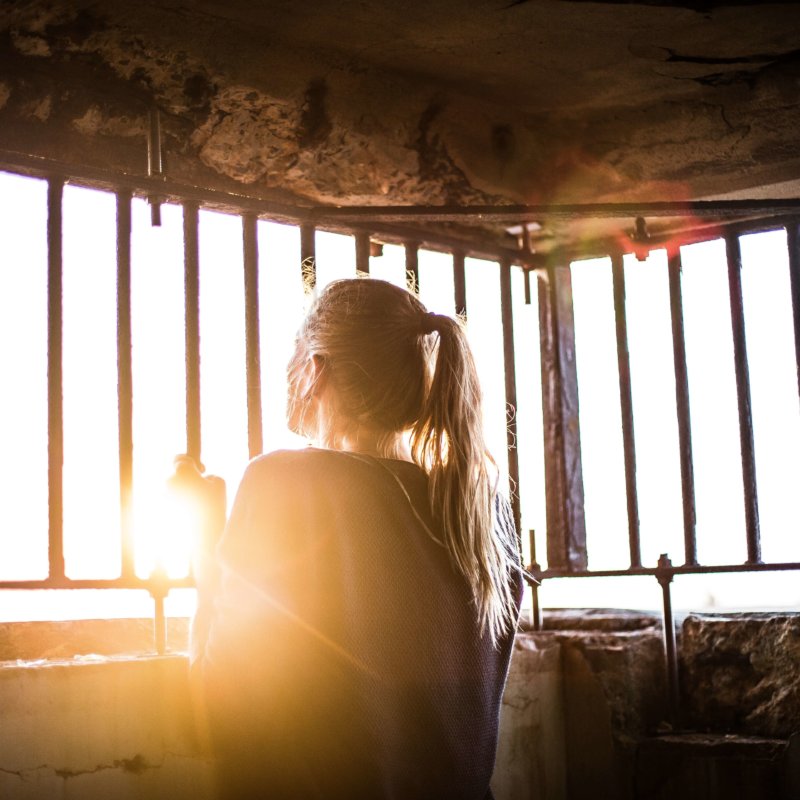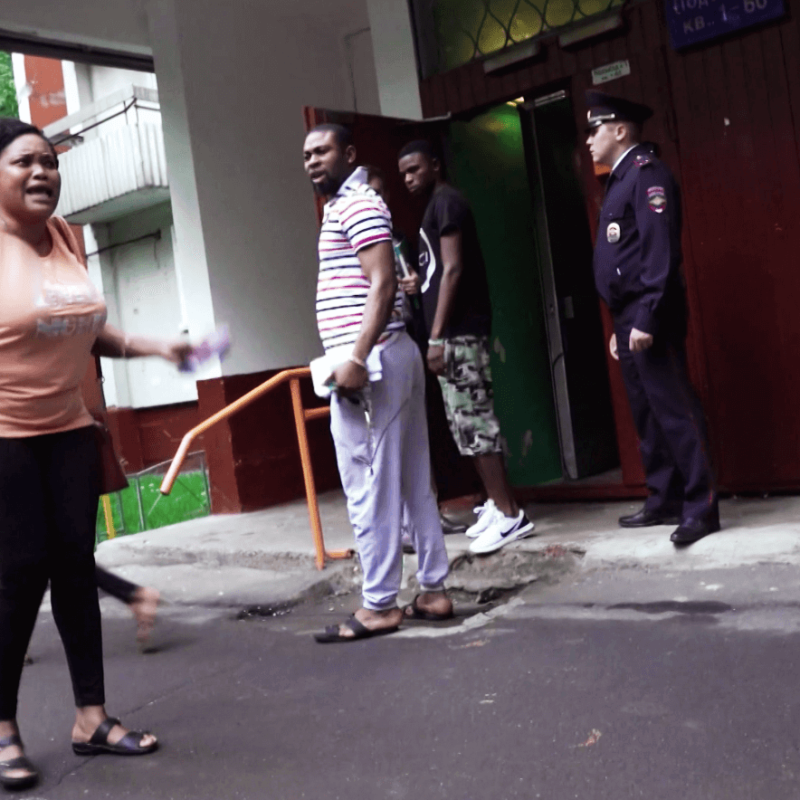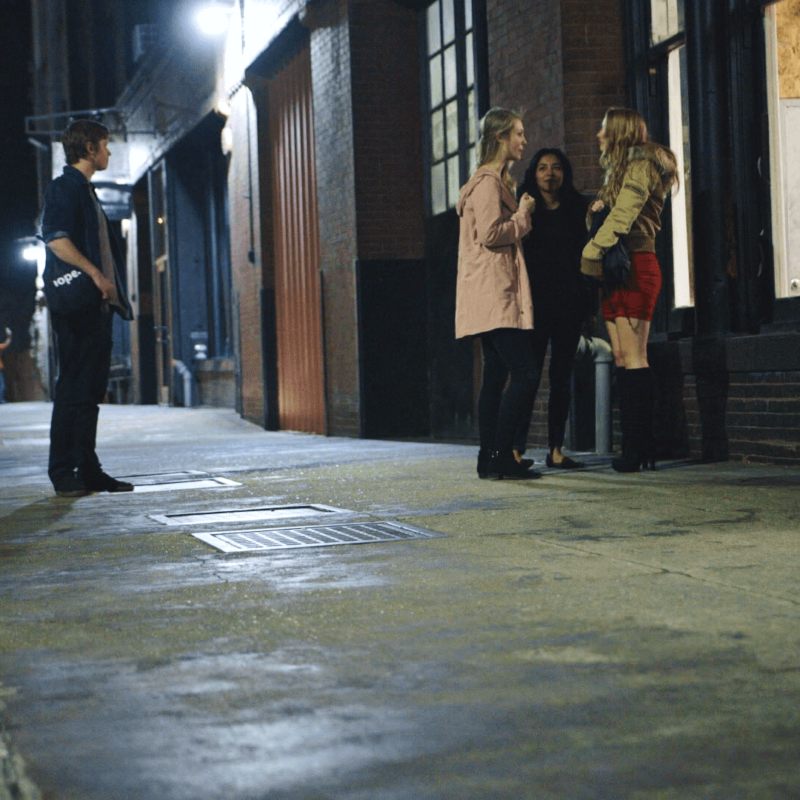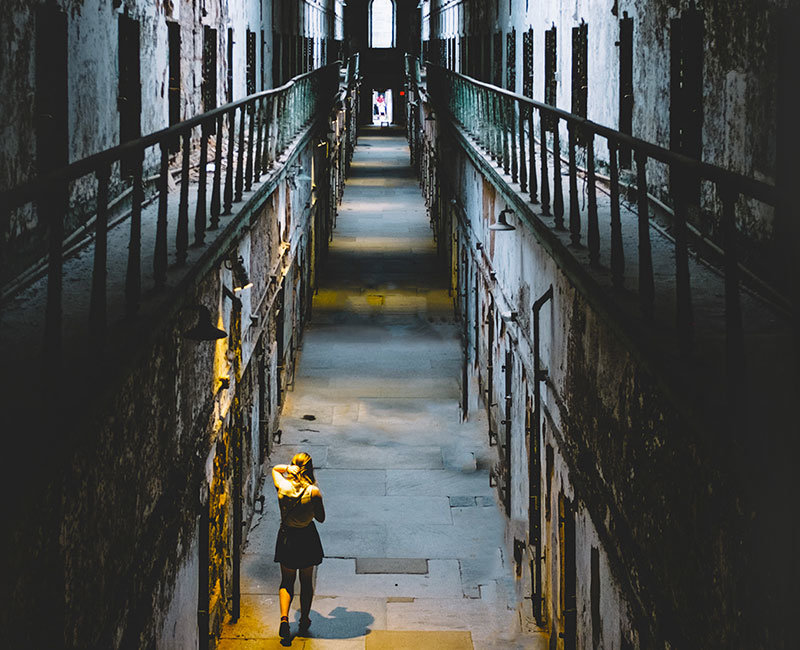The documentary film I Am Jane Doe depicts the great battle that several American mothers are waging on behalf of their middle-school daughters, victims of sex trafficking on Backpage.com. Here are some facts about this compelling and timely film.
1. It’s about sex trafficking in the US
While our own documentary Nefarious: Merchant of Souls investigated the sex trade world-wide, I Am Jane Doe—directed by Mary Mazzio and recently released on Netflix—focuses solely on prostitution within the US, specifically online via the infamous backpage.com.
Ninety percent of prostitution advertisements have moved to the internet1 and many of the victims sold are underage. The internet has been called the largest red-light district in the world and backpage.com the largest mega-brothel or, more crassly, the “Walmart” of online brothels.
Though Backpage did shut down their “adult” section on their website earlier this year, it sadly proved to be merely a publicity stunt before their congressional hearing. The same ads for prostitution just moved over to their dating section, which they have certainly not removed.
I Am Jane Doe is a timely exploration of the current landscape of sex trafficking in the US and highlights one particularly crucial battle within the larger war.
2. It’s about the legal battle against Backpage.com
In the last few years, several sex trafficking victims who were sold via the site as minors have decided to take legal action and sue Backpage. In the documentary, the plaintiffs of these lawsuits (the “Jane Does”) and their lawyers are asking these questions incredulously:
“How is it possibly legal that a company makes millions of dollars every year helping pimps sell human sex trafficking victims, including children? Why would congress ever grant immunity to a company that engages in conduct like this?” —Erik Bauer, lawyer
They argue that Backpage acts as a facilitator of trafficking and thus adopts a “pimping” role, especially considering the website earns more than $150 million per year from adult ads2. Backpage, which was originally owned by Village Voice Media and now owned by a Dutch firm, maintains it is not responsible for criminal activity. It frustratingly cites “free speech” as its defense and points to Section 230 of the 1996 Communications Decency Act, which declares that online service providers cannot be held responsible for third-party content.
However, as more corruption surfaces within Backpage’s practices (we hear firsthand from a Backpage moderator), the website’s founder and main heavyweights are called into the courtroom and a full blown legal battle for justice commences.
3. The story is told from the parents’ perspective, as well as the Jane Does
We see the survivors through the eyes of their mothers who tearfully share this heart-wrenching journey, discovering their daughters being trafficked for sex on Backpage, and walking through the ensuing devastation.
Pain and anger passionately drive these inspiring mothers to see justice come to this website—which is making millions of dollars from the sale of daughters like theirs.
One of the documentary’s most compelling elements is the character development of the Jane Does, largely through the numerous clips from childhood video footage shown. The viewer is consistently reminded that these girls were exploited as children and minors in their early adolescence.
Perhaps more importantly, the childhood footage highlights that every woman in prostitution is somebody’s daughter first; she was once a little girl with big dreams for her life, none of which included systematic rape and being sold on a website.
4. It is narrated by Academy Award nominee Jessica Chastain
In recent years, Hollywood actress Jessica Chastain has emerged as a feminist icon, as well as a passionate anti-trafficking advocate, so it feels fitting that she was chosen to be the clear and compassionate voice which weaves this story together.
Lending her influence to the project undoubtedly helped it gain a wider audience and it is heartening to see more and more celebrities, like Ashton Kutcher for example, become legitimate ambassadors and activists for this cause.
5. Erik Bauer, the lawyer, is a hero
A heroic figure who stands out throughout the documentary (aside from the Jane Does who are heroines in their own right), is Washington attorney Erik Bauer. He took up the survivors’ and their families’ civil lawsuits against Backpage and, despite every setback, is determined not to give up.
With his faithful dog often at the foot of his desk, and his daughters singing their father’s praises, Bauer’s warmth and steadfast confidence in justice prevailing provides the driving hope needed against the reality of such a corrupt corporation.
Bauer is asked, “How long will you be able to keep the litigation going on your own resources?”
He answers, “As long as it takes. Straight up, as long as it takes. I can win this case… I’ll sell the furniture if I have to.” (I found myself cheering “COME ON ERIK!!” at the screen).
While I Am Jane Doe focuses its energies on one battle within the much wider war of the commercial sex industry, it raises some key ethical questions concerning third-party responsibility in an online era.
Though the giant of Backpage has yet to fall we can be encouraged and hopeful, with the significant traction gained in exposing this site, that laws will be changed and the current system of online exploitation will be dismantled.
Backpage, we’re onto you. It’s simply a matter of time.
Here’s how you can help reach women exploited on Backpage
In the evolving landscape of exploitation, it’s essential for outreach workers to adapt strategies and methods to effectively reach both the American-born and foreign girls who are sold and trafficked online.
While law enforcement officials are increasing their efforts to catch and charge traffickers and sex buyers through online stings, we too can leverage the open access of the internet to reach out to the women being exploited. Simply put, if the buyers can easily reach women, then so can we.
Four years ago, our outreach team at Exodus Cry began texting women, sold on Backpage, with a message of hope. We would then arrange a face-to-face meeting with them. Sometimes these meetings would be one-offs and sometimes they’d be the beginning of a journey out of exploitation. Our team continues in a variety of fine-tuned outreach methods today.
In order to equip abolitionists like you in outreach we recently launched our Intervention Manual, a guide for reaching those caught in the sex industry. It features a section detailing our strategic online outreach model, which includes methods for reaching women sold on Backpage.com. It’s our hope that tens of thousands of abolitionists would be trained and equipped to offer a way out of the sex industry to the countless lives who are trapped.
RELATED POSTS
Backpage Shuts Down Prostitution Ads Section
What Is Commercial Sexual Exploitation?
Footnotes
- 1. http://www.albanylawreview.org/Articles/Vol77_3/77.3.1039%20Farley%20Franzblau%20Kennedy.pdf
- 2. http://abcnews.go.com/US/daughters-sale-young-american-girls-sold-online/story?id=39350838





